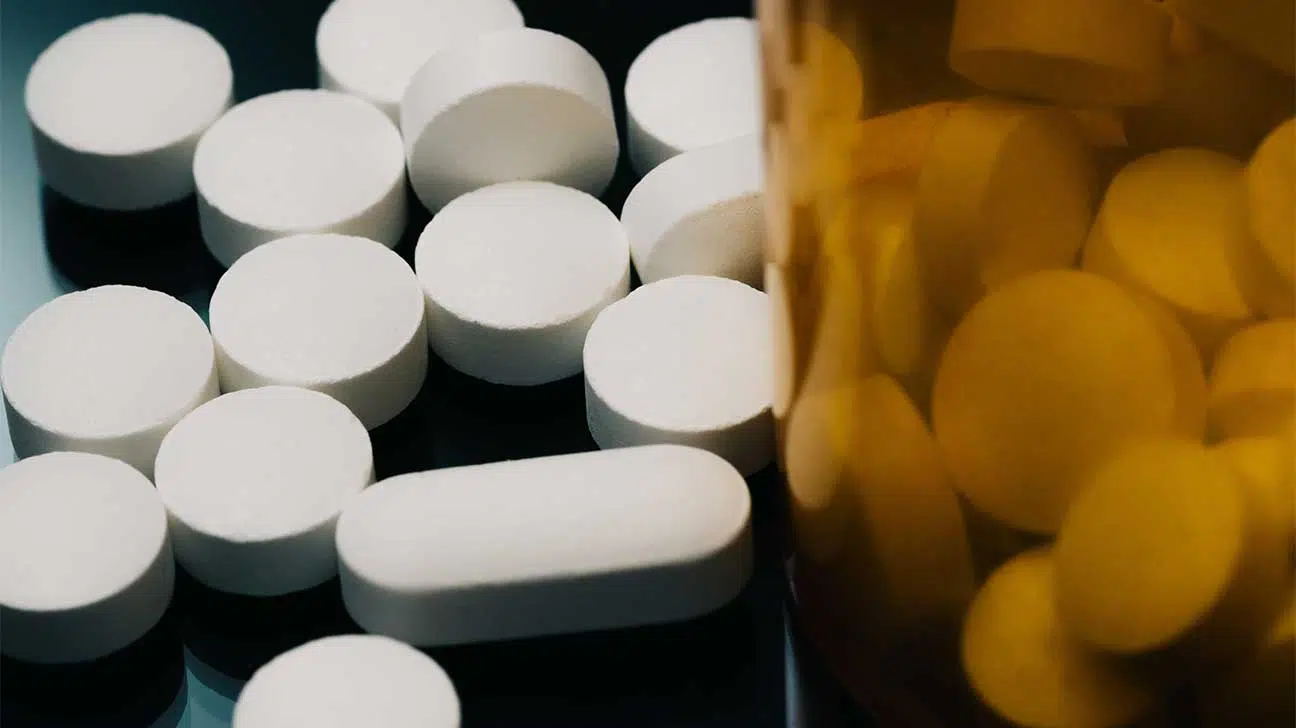
Adderall (brand name for dextroamphetamine) is a stimulant drug that doctors most commonly prescribe to treat attention-deficit hyperactivity disorder (ADHD).
Healthcare professionals also use it to treat narcolepsy in adults and rarely for a weight disorder.
However, Adderall and Adderall extended-release (RX) are addictive prescription drugs with a high potential for abuse, so the drug is listed as a controlled substance.
Why Adderall Is A Schedule II Controlled Substance
In the United States, the Drug Enforcement Administration (DEA) organizes controlled substances into five categories called schedules.
These schedules rank controlled substances according to their abuse potential, with Schedule I drugs having no medical purpose and the highest abuse potential and Schedule V drugs having medical purpose and low abuse potential.
Adderall and Adderall XR are Schedule II controlled substances, because Adderall is highly addictive and has great potential for abuse.
When Did Adderall Become A Controlled Substance?
Adderall, like other stimulant medications, became a controlled substance when the Controlled Substances Act became law.
The Controlled Substances Act was formed in 1971 and is responsible for organizing previously regulated drugs into the five schedules described above. It also classifies new drugs according to that same schedule.
What Class Of Drugs Is Adderall In?
Adderall and Adderall XR are classified as amphetamine drugs to treat ADHD. Other stimulants such as Ritalin and Concerta (methylphenidate) are ADHD medications as well.
Stimulants such as these are used to treat ADHD and other disorders like narcolepsy or a weight loss disorder where an amphetamine can stimulate the body into a normal state.
Stimulants like Adderall are prescribed to create balance in the brain, since ADHD causes parts of the central nervous system, including dopamine and norepinephrine, to become depressed, while others to be hyperactive.
Why Most ADHD Drugs Are Considered Schedule II
Most ADHD drugs are considered Schedule II because, as amphetamine drugs, they are highly addictive.
Taken in larger quantities than prescribed, amphetamines create a high that can be almost indistinguishable from methamphetamine. It just takes more of the drug to get there.
Adderall abuse is considered by some to be second only to marijuana abuse in college students. It also has a high abuse potential for adolescents.
Effects Of Adderall May Lead To Risk For Abuse
The effects of Adderall include mental alacrity and sometimes an improved sense of well-being. These feelings can lead to a risk for abuse.
This means you could start taking more Adderall than prescribed to achieve a more intense amphetamine high.
But even with normal substance use, there are side effects of Adderall.
These side effects can include:
- dry mouth
- weight loss
- constipation
- nervousness
- elevated blood pressure and heart rate
Side effects of abusing Adderall can include:
- physical dependence
- chest pain
- difficulty breathing
- teeth grinding
Get Help With Adderall Addiction Today
You can get addiction treatment for Adderall substance abuse.
At AddictionResource.net, we provide confidential help finding a treatment center near you, that can help you manage withdrawal symptoms and break Adderall addiction.
Get help for you or your loved one now. Call our helpline today to discover what treatment options are right for you.
Addiction Resource aims to provide only the most current, accurate information in regards to addiction and addiction treatment, which means we only reference the most credible sources available.
These include peer-reviewed journals, government entities and academic institutions, and leaders in addiction healthcare and advocacy. Learn more about how we safeguard our content by viewing our editorial policy.
- Food and Drug Administration (FDA)
https://www.accessdata.fda.gov/drugsatfda_docs/label/2007/011522s040lbl.pdf - National Center for Biotechnology Information
https://www.ncbi.nlm.nih.gov/books/NBK507808/ - National Institute of Mental Health
https://www.nimh.nih.gov/health/topics/attention-deficit-hyperactivity-disorder-adhd - National Library of Medicine: MedlinePlus
https://medlineplus.gov/druginfo/meds/a601234.html - New York Times Magazine
https://www.nytimes.com/2016/10/16/magazine/generation-adderall-addiction.html


